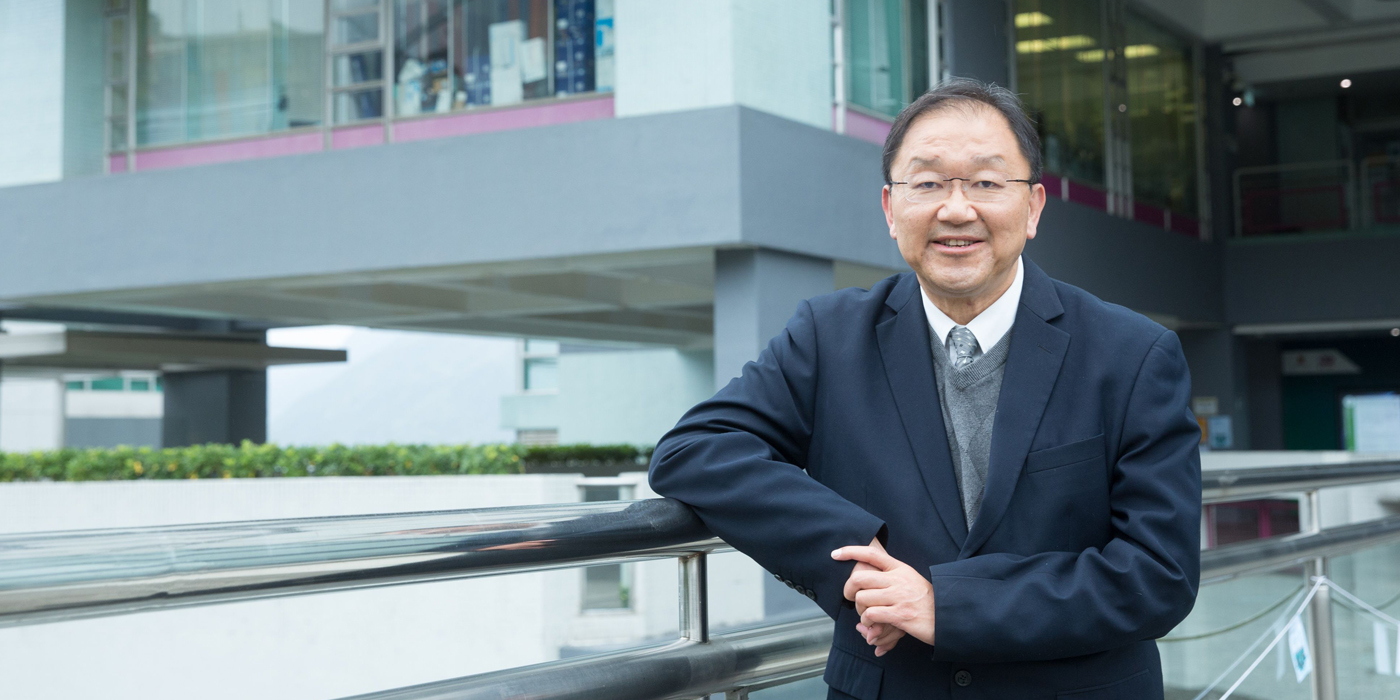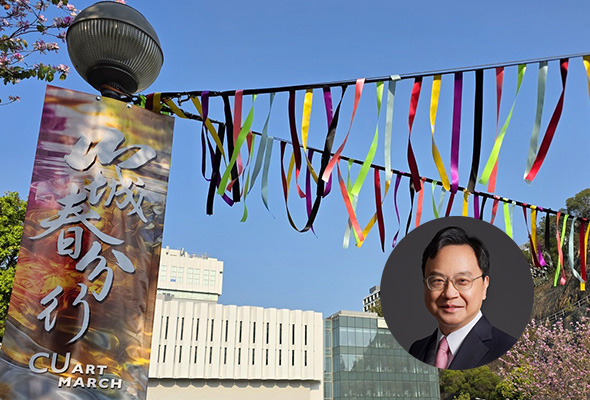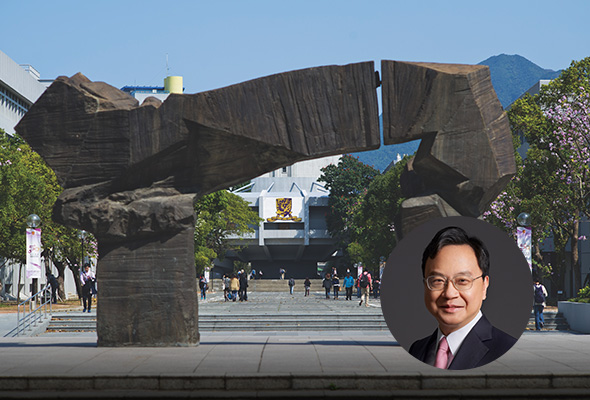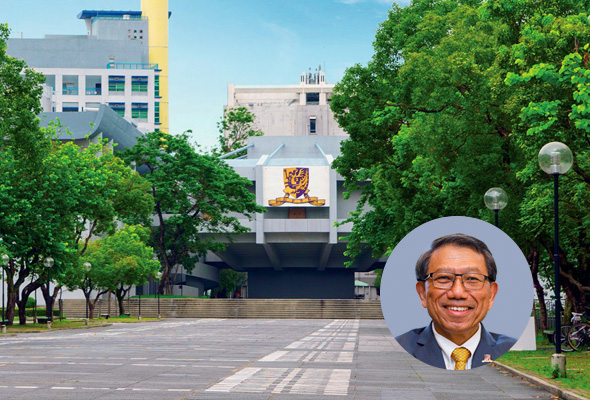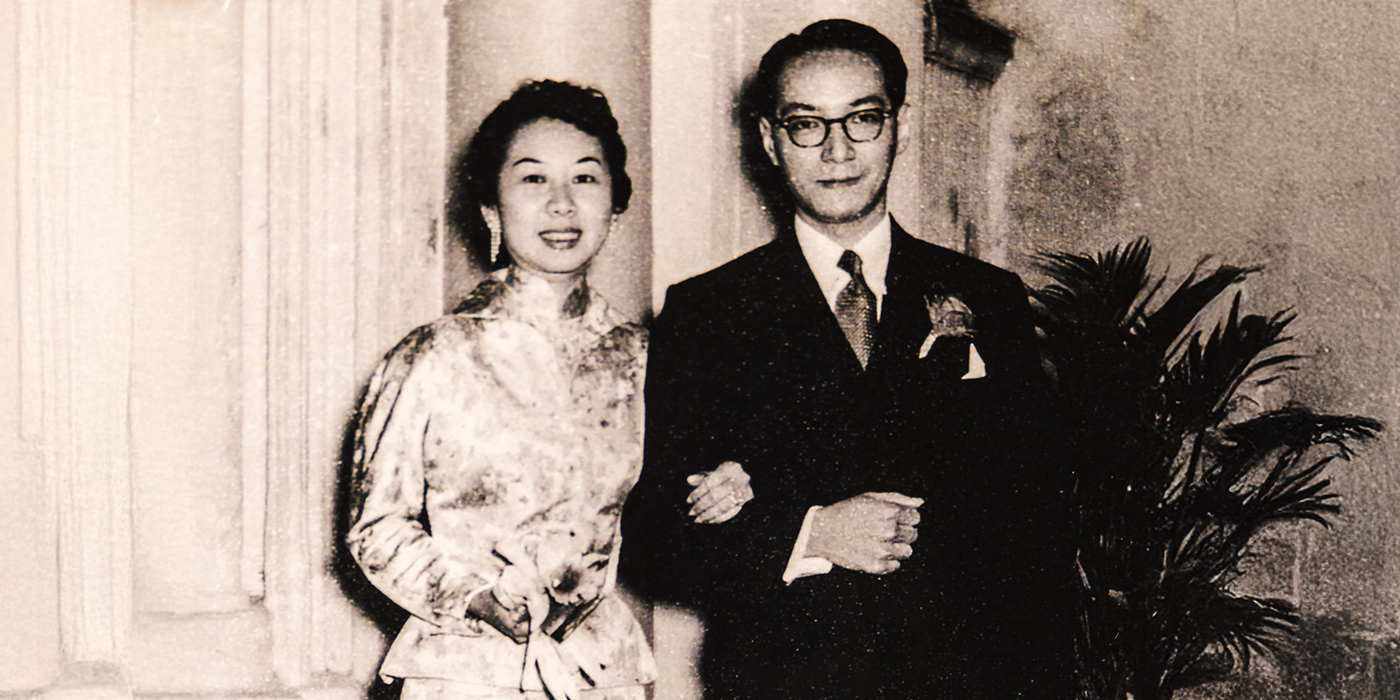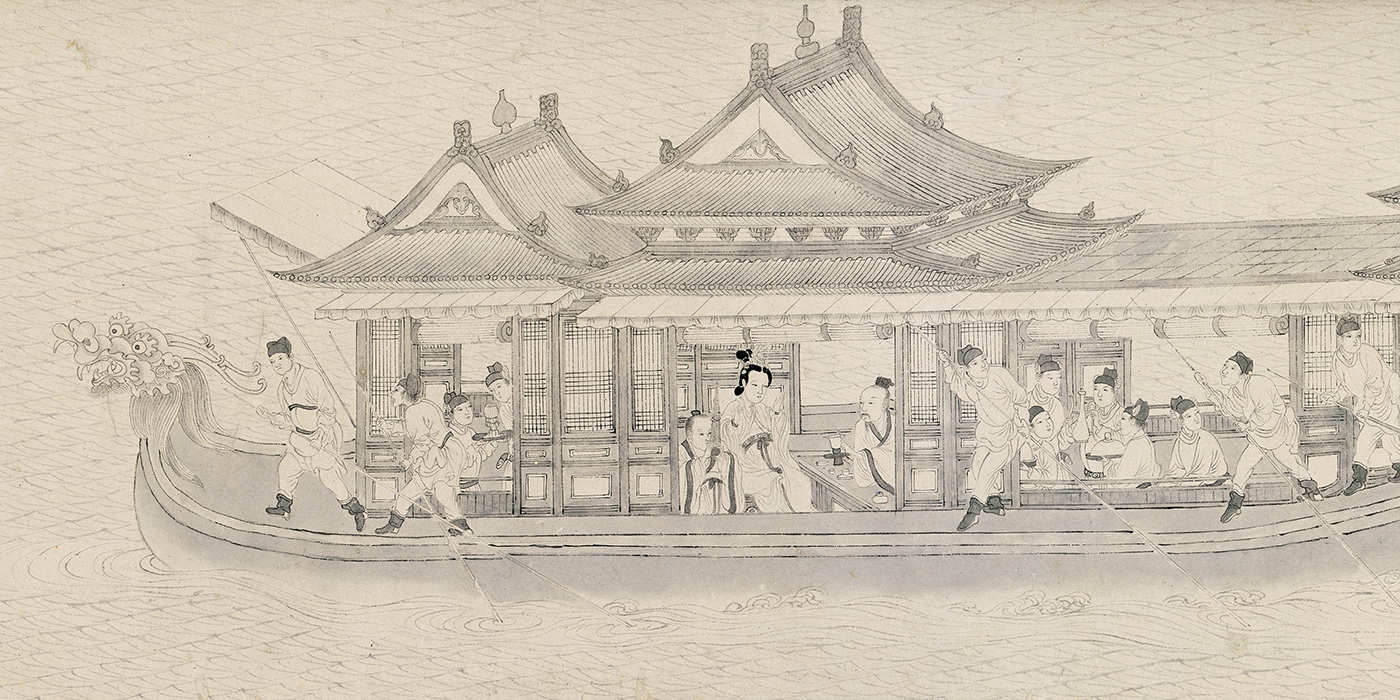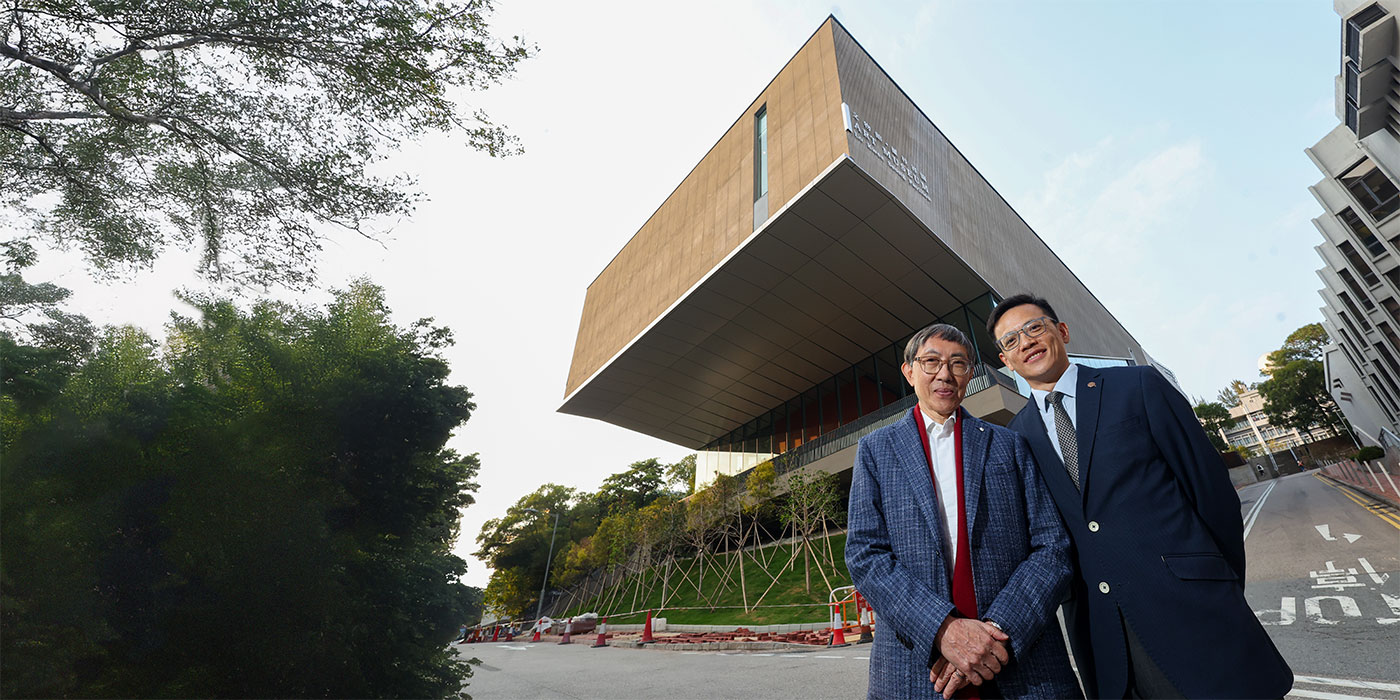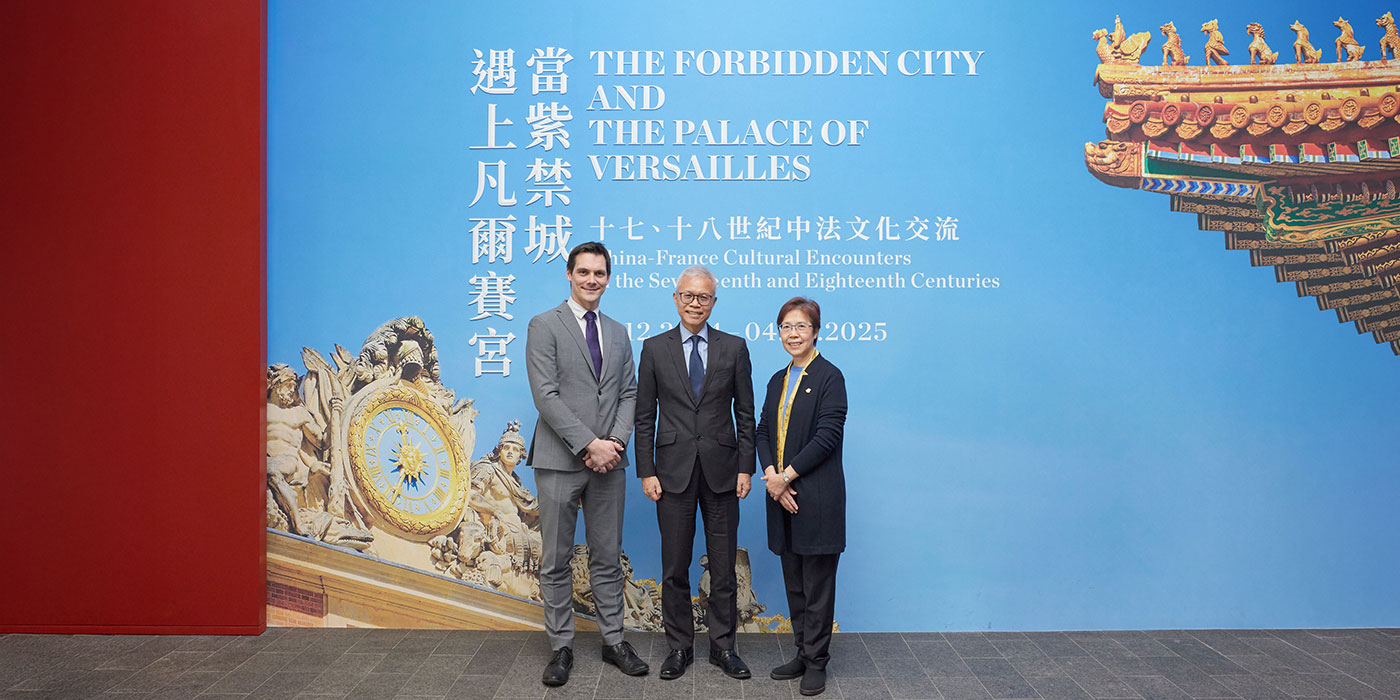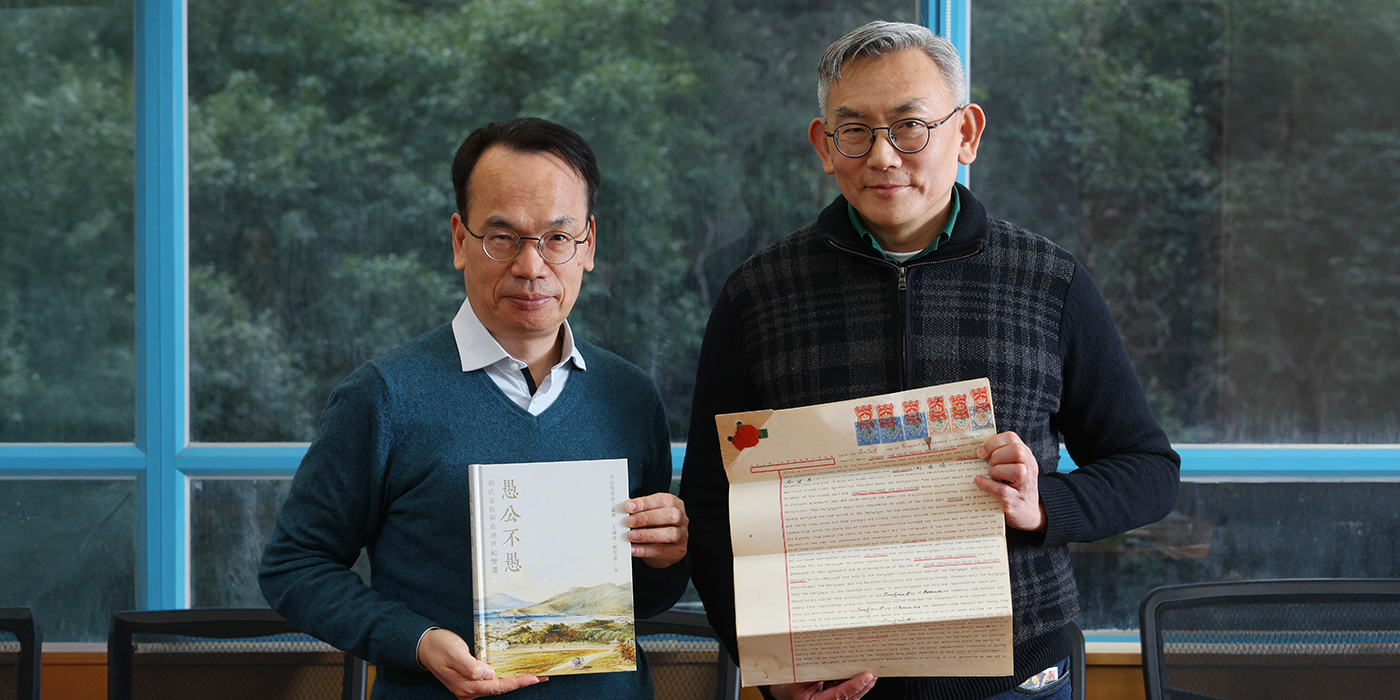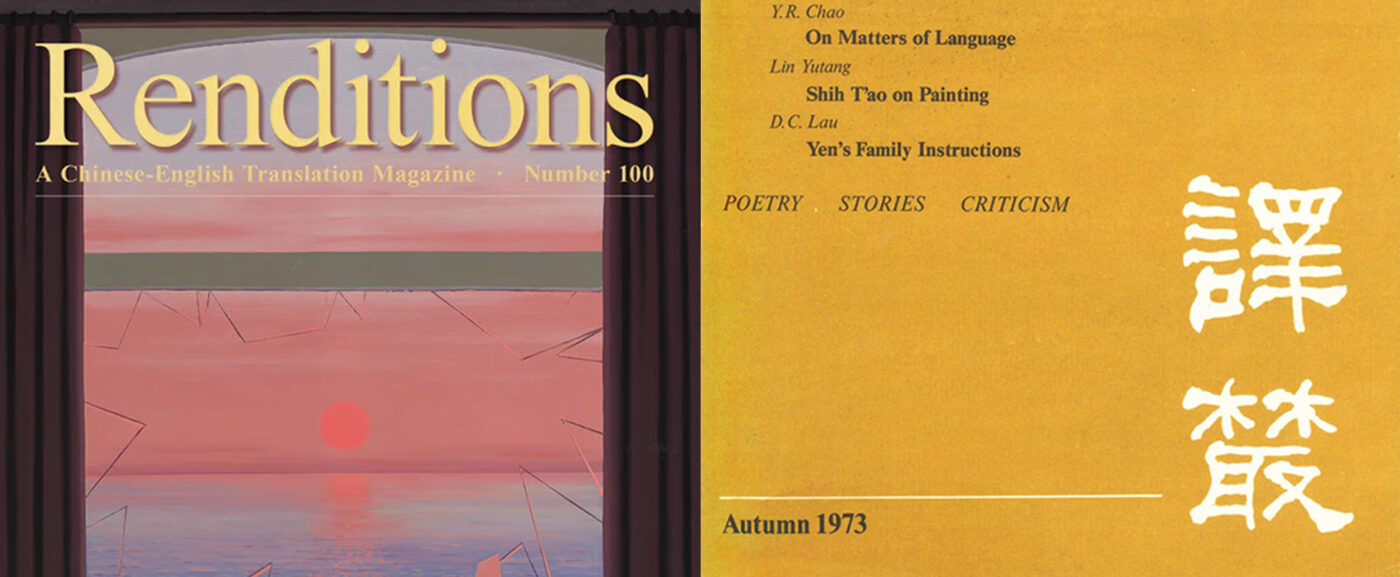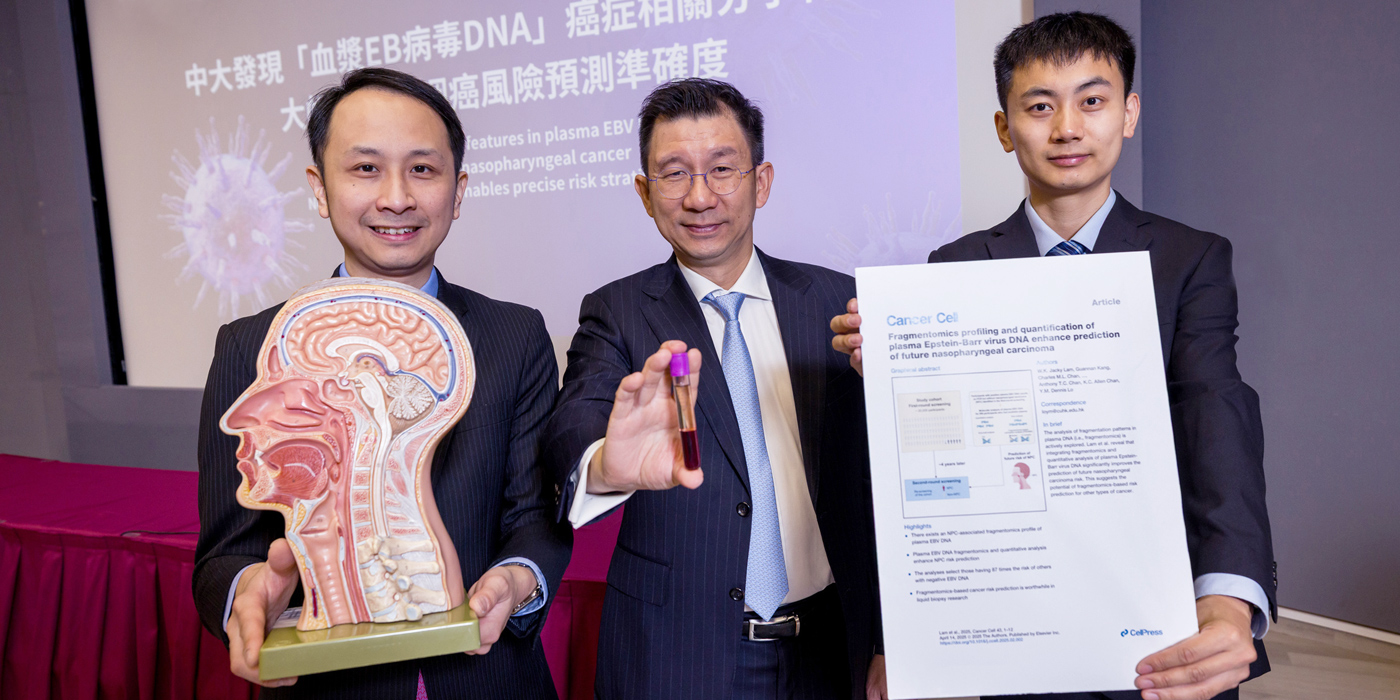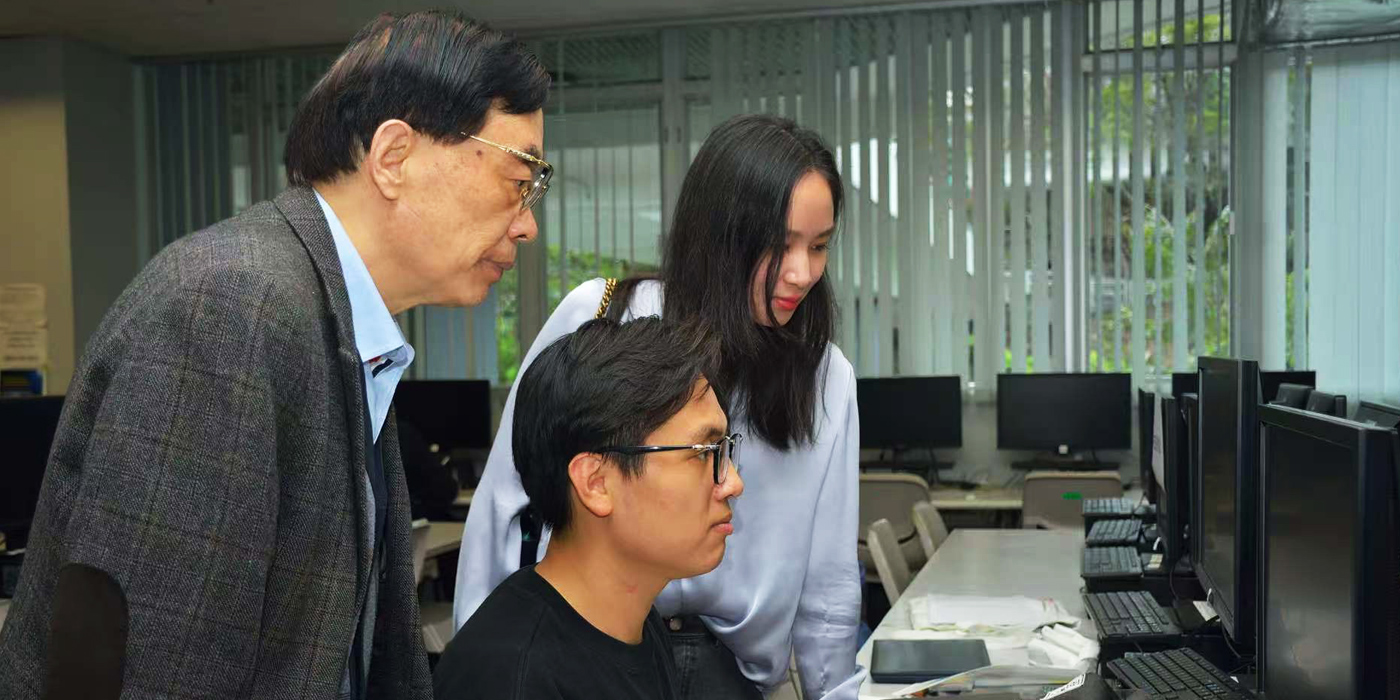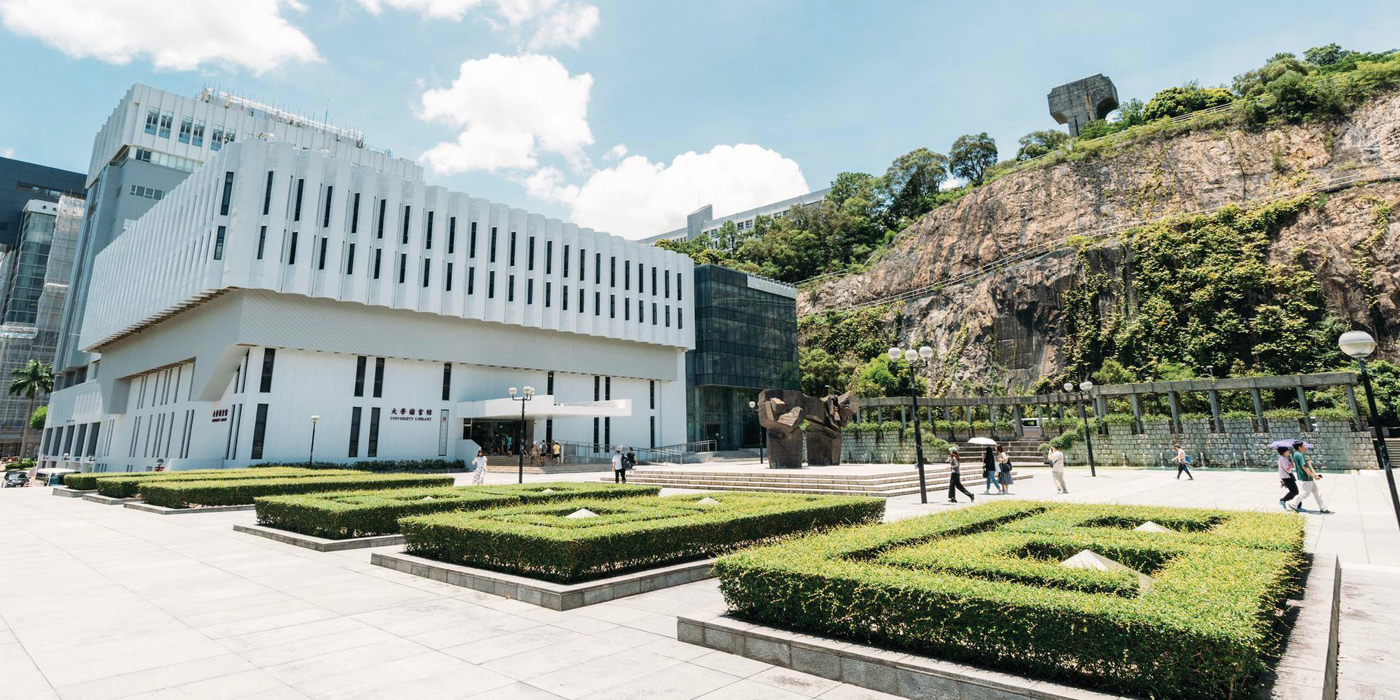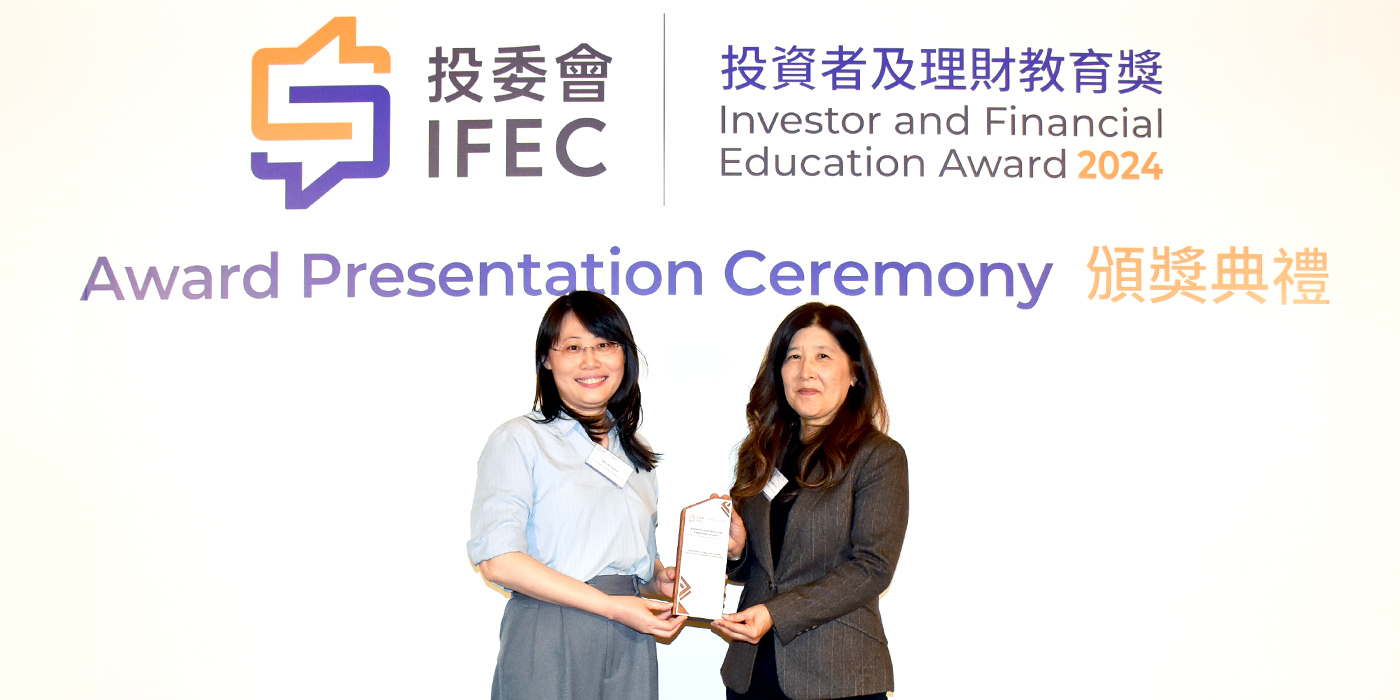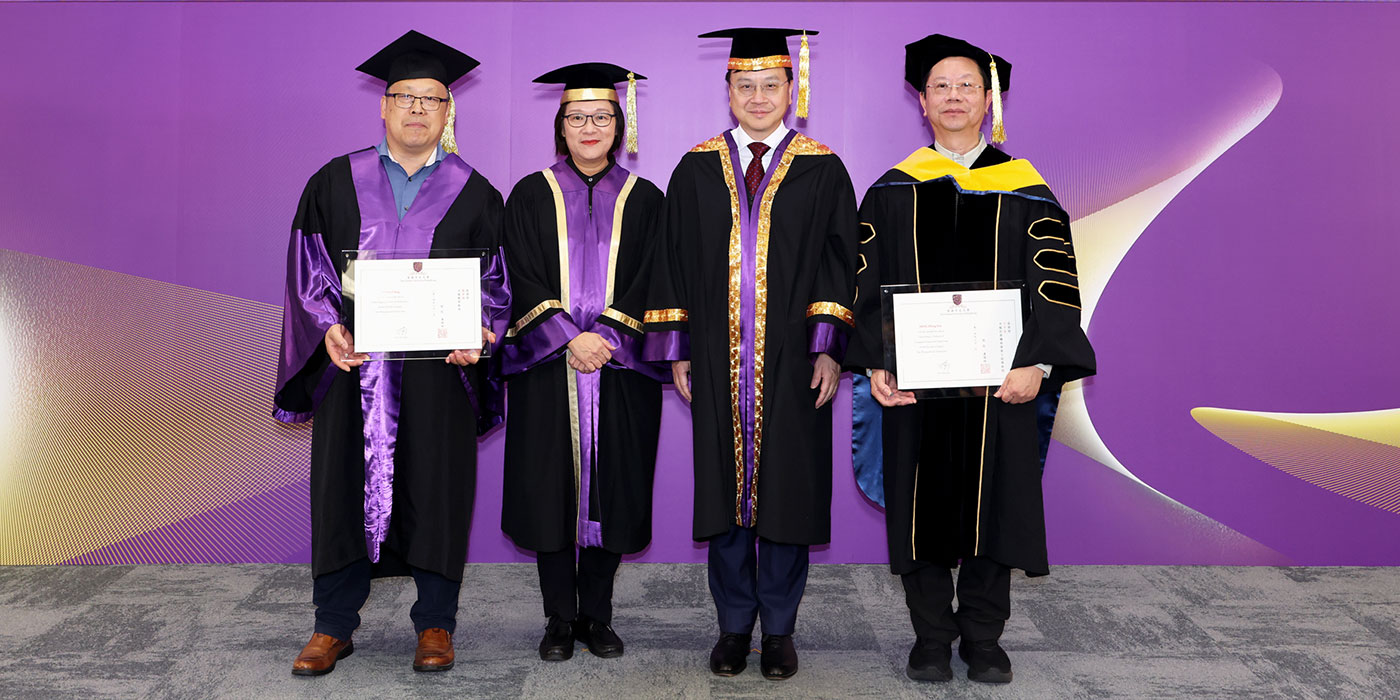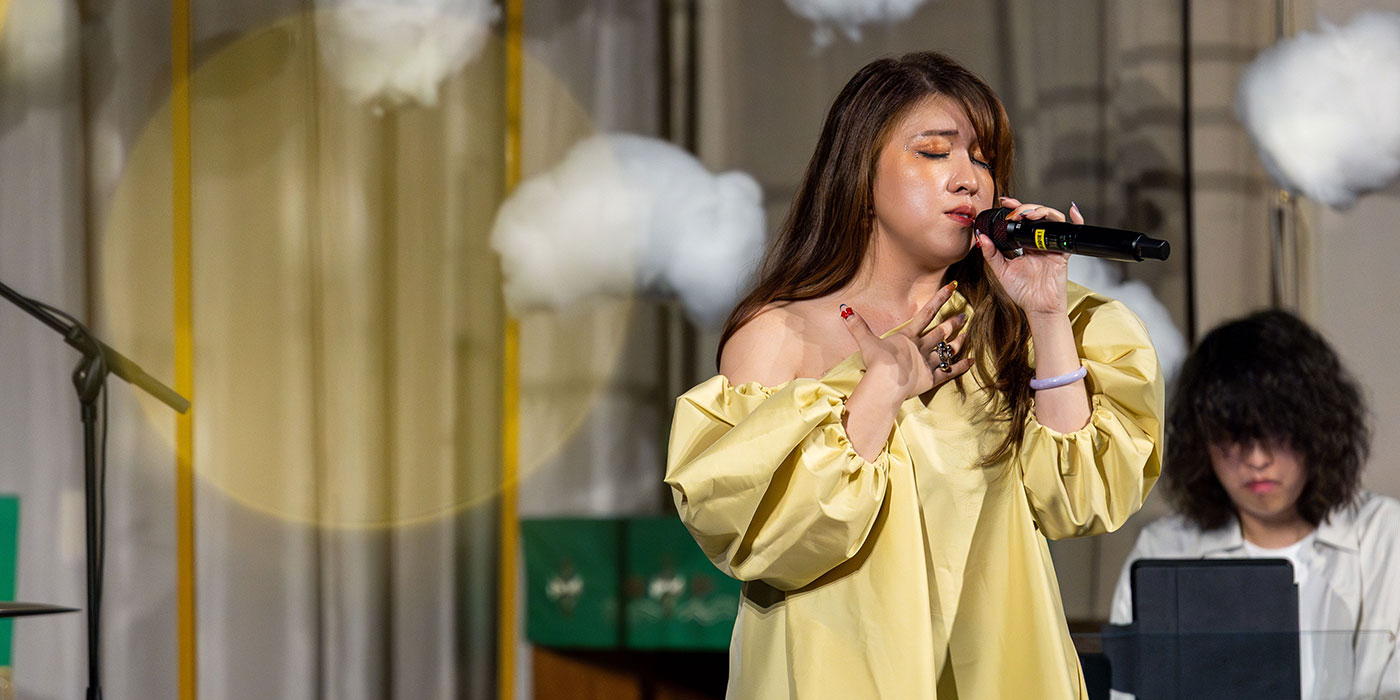From scientist-entrepreneur to lawmaker with an academic touch
Wong Kam-fai wants to bring his decades of innovative experience into the legislature
Last December, Professor Wong Kam-fai, Associate Dean of Engineering and Director of the Centre for Innovation and Technology (CINTEC), was returned as a Legislative Council member in a by-election for the Election Committee constituency. With three decades of education and research under his belt, the professor has pledged to bring into LegCo “policy discussion with a scientific touch”, hoping to leverage his dual status as engineering professor and legislative councillor to promote Hong Kong as a technological hub, and nurture talent in innovation and technology. During his interview with CUHK in Focus, his first words upon striding into the office were “Let’s get going! Any topic is fair play” — no warm-up small talk necessary.
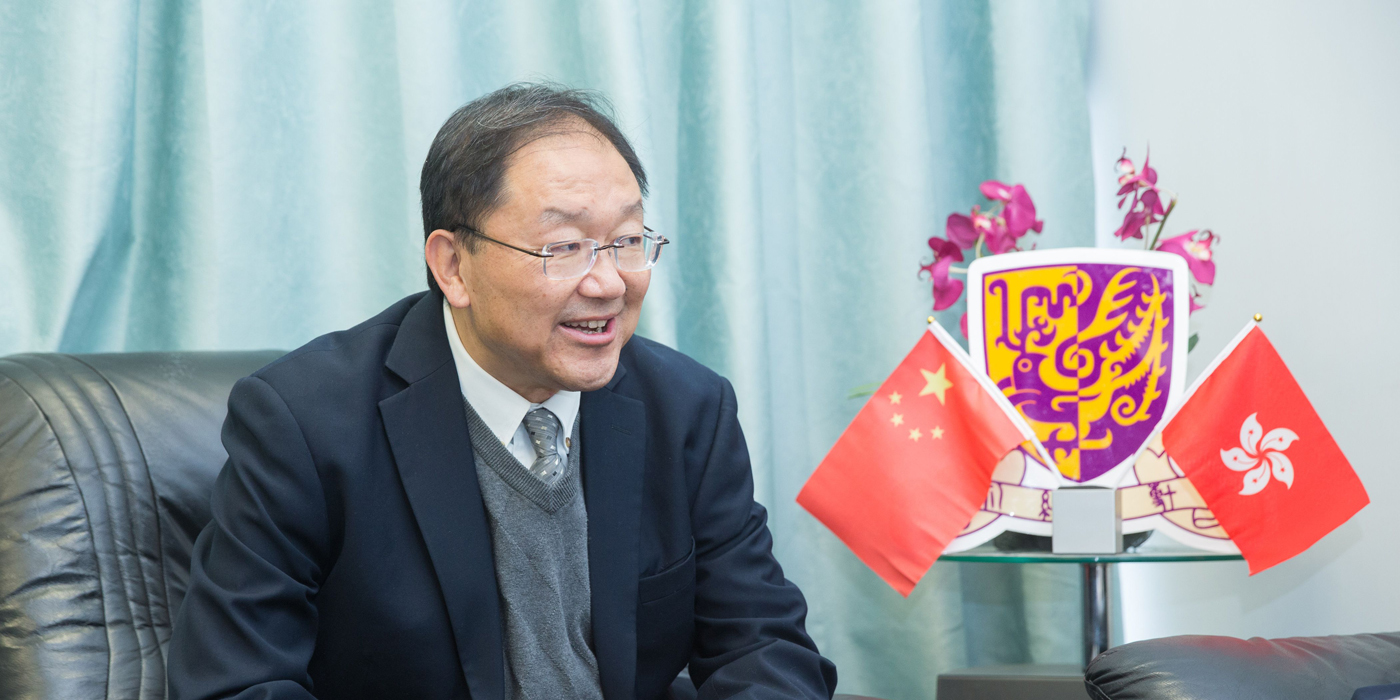
His relationship with CUHK can be traced back to 1 May 1993, a Saturday. Appointed Project Coordinator at the Department of Systems Engineering (subsequently renamed the Department of Systems Engineering and Engineering Management), his first day found him having to come back to school on a weekend morning, as CUHK had yet to adopt the five-day working week. He says of the experience: “I came to my office in the Pi Ch’iu Building, only to find that my boss, Professor Vincent Lum [then Head of the Department of Systems Engineering] had just gone on leave. It was a bit embarrassing — I walked up and down that corridor, and only got into my office when I gathered the courage to knock on a coworker’s door.”
Professor Wong completed both his BSc and his PhD at the University of Edinburgh’s Department of Electrical Engineering, and worked in both the UK and Germany at the start of the 1990s, specialising in artificial intelligence. Meanwhile at CUHK, Professor Charles K. Kao had taken the reins of the Vice-Chancellorship in 1987, and chose to emphasise the University’s research, hoping to ramp up the research intensity of Hong Kong’s university system. As Professor Wong says: “When I first came here, Vice-Chancellor Kao wanted to prioritise a few scientific research projects that were related to the Chinese language. I was in charge of one particular project: Chinese language processing.”
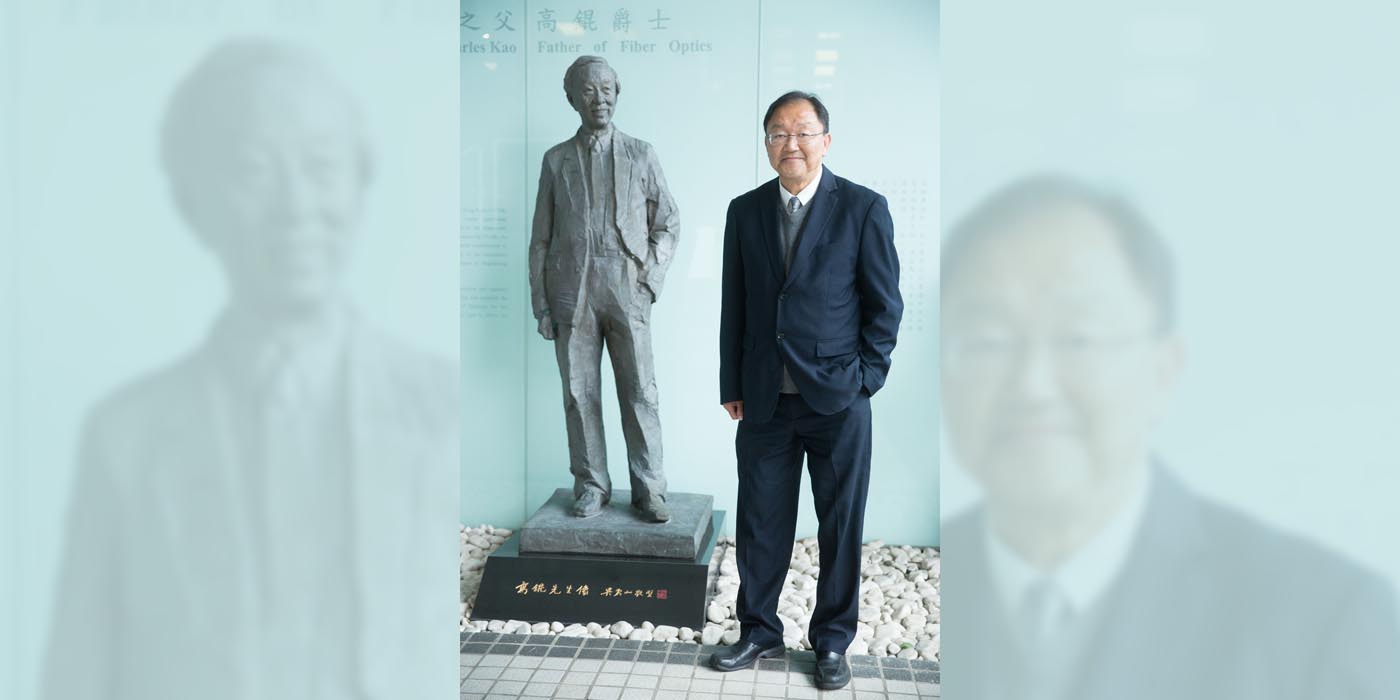
Professor Wong led a research team that delved into Chinese computing, with members from Tsinghua University, Peking University and Renmin University of China. He says: “Back in the 1990s, the world of computer software was dominated by American products. The Chinese government realised the imperative of making their own software, so they tasked us with creating some software in Chinese. These days, information on the internet is mostly in either English or Chinese, so looking back on it, that move had a lot of foresight, as was CUHK’s decision to participate in the project.”
Professor Wong and his team came up with the idea of a “Chinese-language database”. That idea blossomed into WiseNews (now WisersOne), a company he co-founded in 1998. Always a proponent of technology transfer, he put his research to good use in daily life, and acted as a technical director in the company’s early days. WiseNews was the first Hong Kong-based company to offer electronic news searches. WiseNews subsequently became a leading enterprise in the field of local news search and the provision of information, and Professor Wong has been dubbed “the Father of WiseNews”. “We were the first entrepreneurial team in Hong Kong focusing on innovation and technology,” he says. In 2020, he was named a Fellow of the Association for Computational Linguistics (ACL) in recognition of his contributions to social media processing.
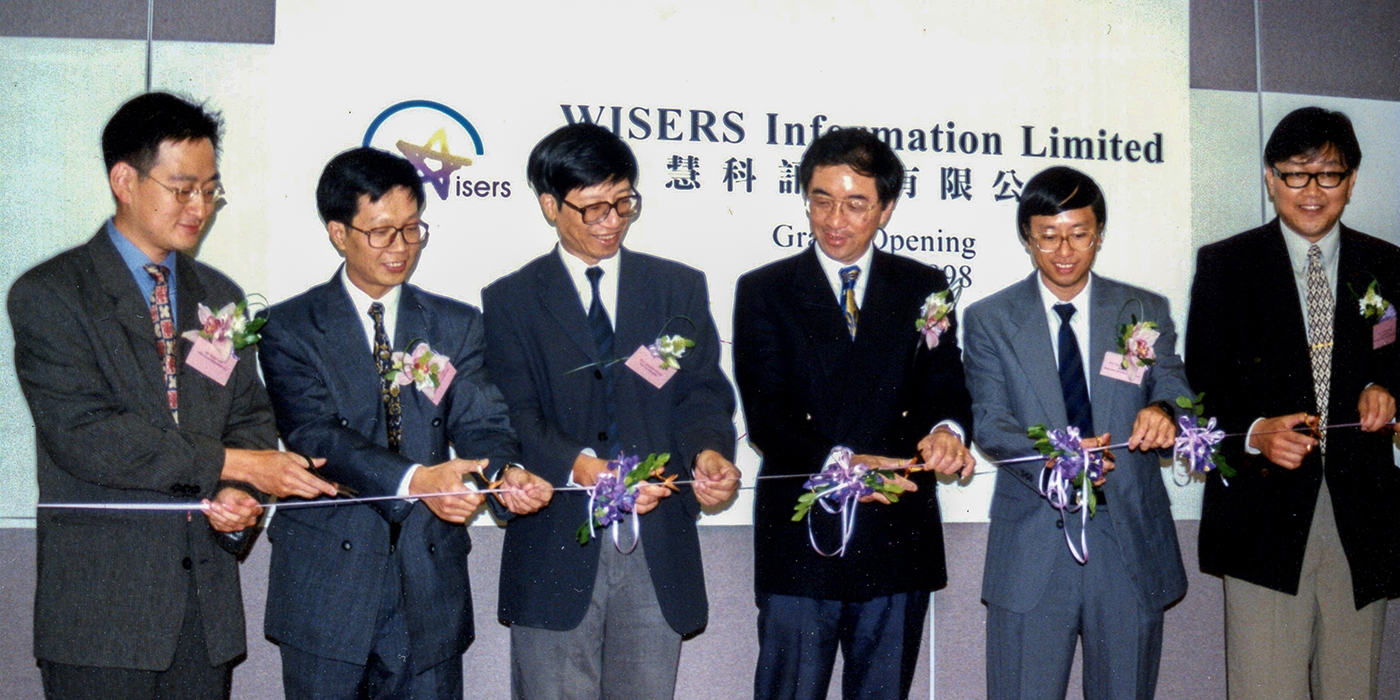
Besides academia, Professor Wong’s entrepreneurial experience has also allowed him to offer the University a different kind of expertise. “Both the government and CUHK have promoted innovation and entrepreneurship, but business and academia are worlds apart. A lot of professors find it difficult, but I did it when I helped establish WiseNews, so I think I have something to offer here,” he says. The professor regularly writes columns where he expounds on innovation and technology issues.
Professor Wong revealed that his decision to run for office last year was inspired by his former colleague Sun Dong joining the government. Himself a legislative councillor (and before that a PhD student at CUHK in the 1990s), Professor Sun was chosen to be the government’s Secretary for Innovation, Technology and Industry, and Professor Wong decided to run for his vacancy in the legislature. “Whoever replaces Sun Dong has some very large shoes to fill — he was in charge of connecting with universities. I’m trying to carry that on as a legislative councillor.”
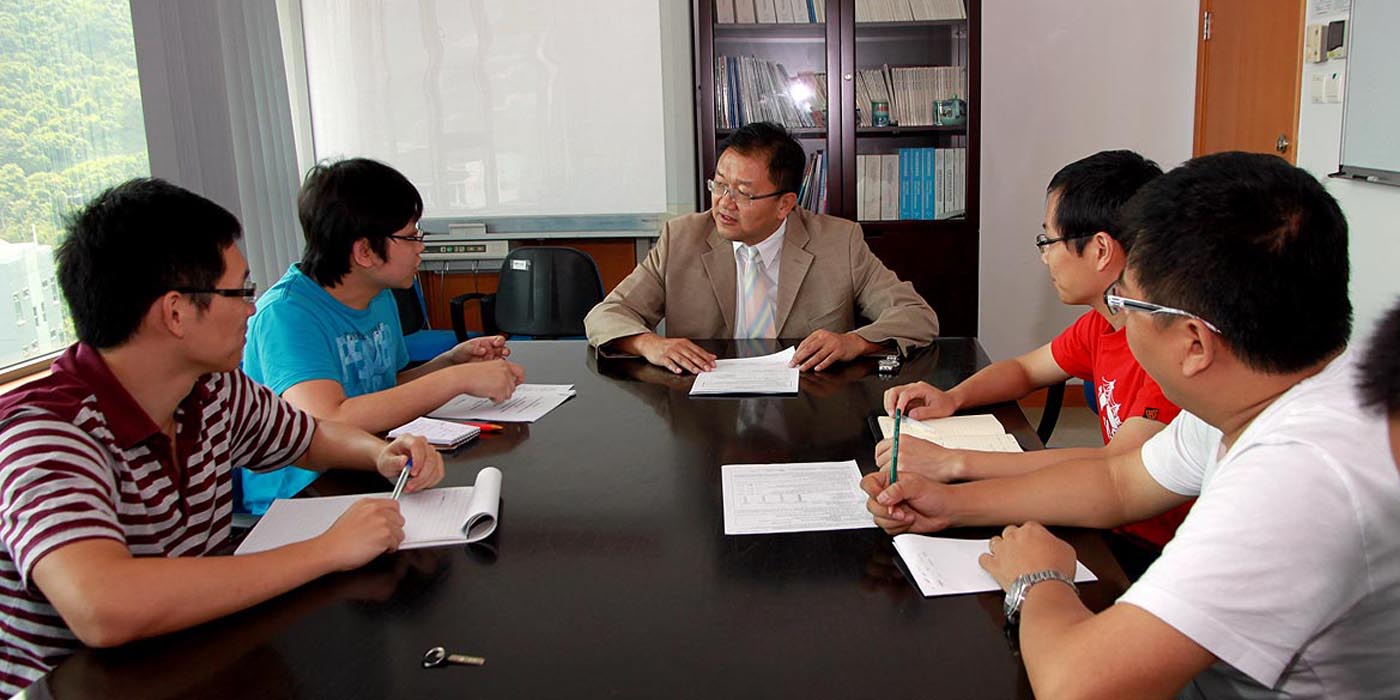
In addition to being a member of LegCo, Professor Wong also acts as a member of the National Committee of the Chinese People’s Political Consultative Conference, the nation’s top advisory body. He hopes to bring “policy discussion with a scientific touch” into LegCo, saying: “I’ve conducted research for 30 years, and I want to bring some of the techniques — or maybe some bits of academic culture — into politics. For instance, before I make my speeches, I want to find solid proof that can buttress my arguments.” But the thing that has most impressed him is the plans for the IT sector laid out in the government’s Innovation and Technology Development Blueprint. Having seen its Development Directions regarding innovation and technology, he is cautiously optimistic about its future in Hong Kong. “In previous years, Policy Addresses never had key performance indicators — you could never quantify any progress made, and the government used to be evasive about this. Now you’ve got a government that lists out all these KPIs — it’s the biggest change of all.”
When it comes to the future of Hong Kong and CUHK’s place in it, Professor Wong brims with confidence. Even in a world where the geopolitical situation is constantly in flux, he firmly believes that there is a seat at the table for both CUHK and Hong Kong. The talent nurtured in such a cosmopolitan city, he feels, is sure to attract the attention of companies around the world. “We should all have confidence in Hong Kong,” he says. “We all have our roles to play, and because of that one should never self-deprecate.”
By Gary Cheung and Chamois Chui
Photos by Tsang Wing-san

